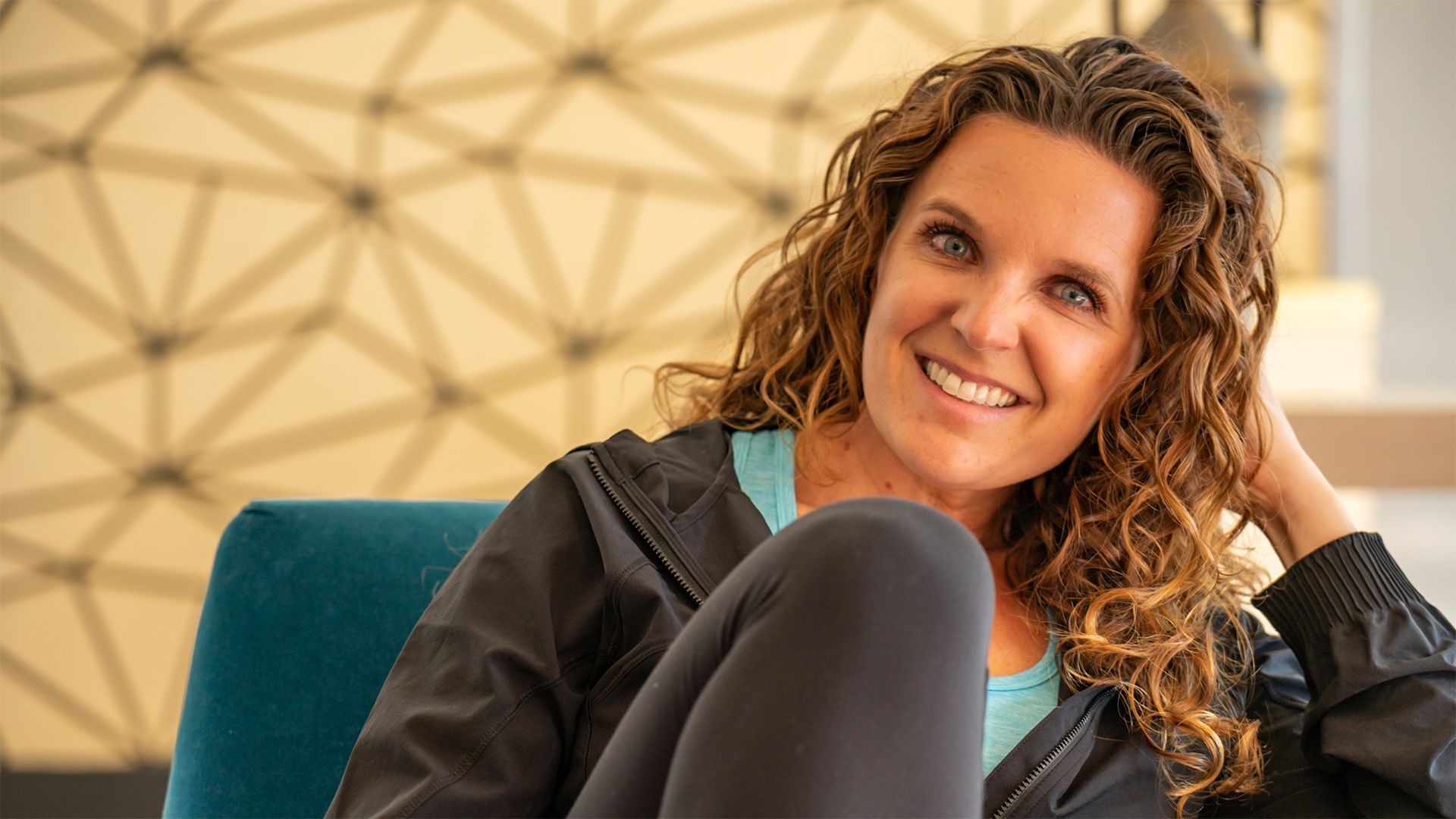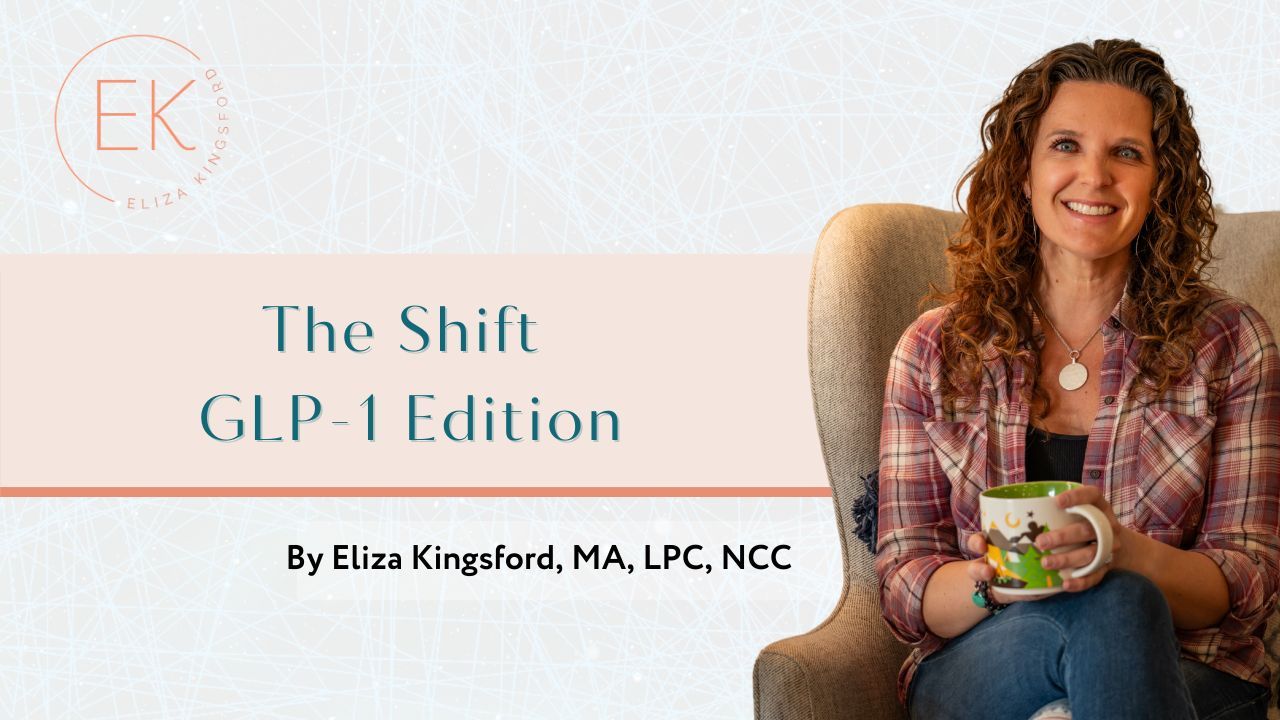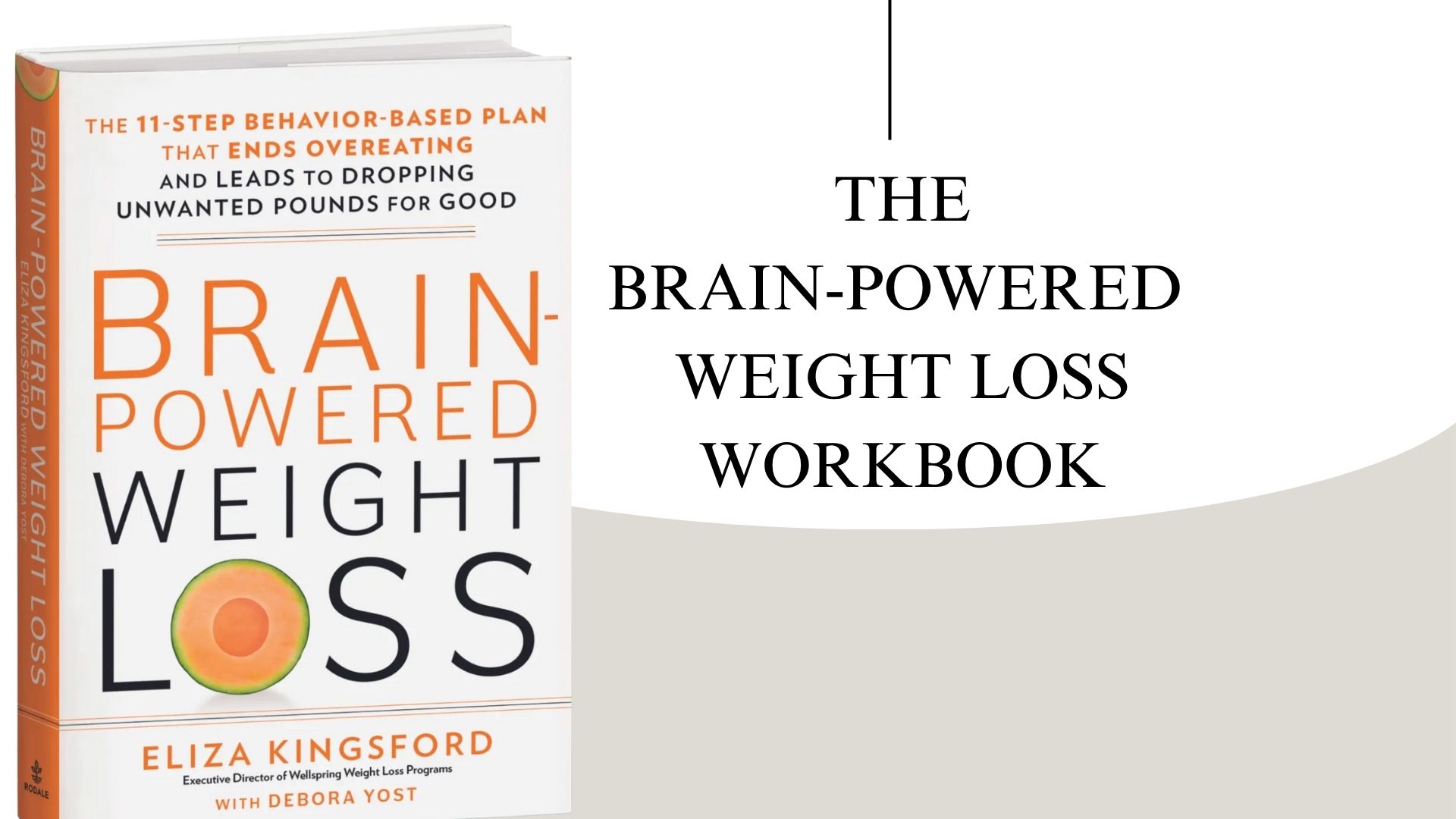
Body Neutrality on SheKnows.com
Mar 23, 2023- What do you think of the concept of body neutrality? How do you define it in your own words?
I think the concept of body neutrality has its place. Just like every other movement, it started with someone feeling like the other labels didn’t apply to them, and therefore sought to create a label they could relate to. If this descriptor makes you feel more heard, seen, valued and understood, then I’m all for it. However, I don’t necessarily think labels have to be either or. Like, if you resonate with body neutrality, you are against body positivity. And I don’t believe that any concept where the end result, ultimately, is love is harmful.
- When did you first hear about it? Why do you think it’s becoming popular now? Could it be in response to an overemphasis on body positivity?
I first heard of body neutrality – feeling neither love nor hate towards your body, just being aware of it for what it is, a couple years back as a response to the BoPo or body positive movement. I think the term is becoming popular as people try to find ways to describe their complicated journeys with their relationship to food. If someone is struggling to feel the emotion of love or even like for their physical form, they don’t relate to the term “body positive”. They are looking for another term to describe what they would like to feel. And for some people, what they currently feel is deep hatred or disgust, therefore a jump to love or positivity feels like it’s too far. However, when I hear talk about body neutrality, it is usually from the context of trying to move from a place of hate or disdain, and what I hear most often is not so much that it’s about feeling neutral towards their body, it’s a desire to drop the preoccupation with their body all together. It’s almost more like body indifference. What I hear is people that just want to stop obsessing over their physical form. They want to not care, to not constantly think about their shape.
- Do you see it as a helpful – or better – alternative to body positivity? Why or why not?
I don’t like hearing body neutrality as an either-or scenario. When people claim you have to choose one or the other; neutrality or body positive. I think we can think of our relationships with our bodies on a continuum. If we are starting at a 1 (hate and disgust) then moving towards neutrality at a 5 is progress. But there is also nothing wrong with moving towards acceptance, then appreciation, then connection and then love. For some people, neutrality will be as far as they decide to go. For others, they will decide a deep connection and loving relationship with their body is what they are seeking. Both are completely valid, you have to decide what is right for you.
- Do you see any problems with the body positivity approach? Does it simply not work for some people?
I don’t, personally. If someone feels truly happy and at peace with their body and is experiencing feelings of positivity why would we discourage that person from feeling that way? You can choose to interpret someone else’s positive relationship with their body as negative, exclusive or elusive to you….OR you can choose to be inspired, motivated or, dare I say, neutral to their relationship and focus on your own. Just because someone else is experiencing joy and health with their relationship doesn’t take away from your ability to work on your own relationship with yours.
I don’t think it’s that body positivity doesn’t work for some people, I think it is that people are at different points on their journey. Not everyone will reach or even desire to reach that loving positive relationship. For some, staying neutral or perhaps not thinking about their body at all will be a more desirable and more achievable goal. Much of it depends on where you start on the journey.
- Do you think that teaching kids and teens body neutrality vs. body positivity may beneficial to their development and self-esteem? Why or why not?
I believe that teaching kids body positivity is a heathy practice. Kids learn to hate their bodies at a young age through messages, pictures, media, parents, friends, role models and more. I don’t believe there is anything wrong with teaching body positivity. We can combat the negative messages in the media and on social media early and often by countering the messages they are receiving through these mediums. The more we repeat body positive messages, the better chance we have at drowning out the negative ones. Ultimately, the goal of body positivity is to feel peaceful, loving and in connection with our physical forms, and that end goal will never be harmful. No one will be able to convince me that working towards love is a negative thing. Understandably, it might also be beneficial to describe body neutrality and help a child understand that if they don’t feel the feelings of love, there is nothing wrong with them, they aren’t broken.
- Can you share some tips for parents who are looking to teach their children the body positivity approach?
The best thing parents can do is to role model how to discuss and relate to the physical form. For instance, parents can refrain from discussing bodies (both positively and negatively) in the home. Even discussing how “pretty” they think someone is emphasizes their stance on beauty being an important factor. I encourage parents to give praise and feedback for attribute outside of physical appearance. Find qualities in your child that you admire that have nothing to do with what they look like. Parents can also watch language about bodies, refrain from using words like “fat”, “skinny”, “thin”, “huge”. Instead, try things like “strong” and “capable”. Also, teaching your children that you love your body in all it’s shapes and forms is a good way of modeling that they can do the same. Refrain from saying anything negative or damaging about your own body. Instead, try to give yourself compliments in front of them. “I love how my strong arms can pick you up and hold you”. I love how this round belly held you and kept you safe for 9 whole months before you were born”.


